What is a Market Internationalization Strategy?
When your business begins to expand beyond borders, understanding the right internationalization strategy becomes essential. With options ranging from global and transnational strategies to multi-domestic approaches, selecting the best path can make the difference in achieving growth and market fit. This guide will walk you through various internationalization strategies, their advantages and challenges, and practical tips for executing them effectively.
An internationalization strategy is a framework that businesses use to enter and compete in foreign markets. It outlines how a company will deliver products or services to customers abroad, including whether to standardize offerings globally or adapt them to local cultures. Common types of internationalization strategies include the international, multi-domestic, global, and transnational approaches.
Why is an Internationalization Strategy Important?
Selecting the right internationalization strategy helps businesses:
- Optimize resources and manage costs
- Address cultural and market-specific needs
- Maintain brand consistency across borders
- Build a competitive advantage in international markets
Types of Internationalization Strategies
Here’s an overview of the four main internationalization strategies and how they impact operations, cost structures, and local market responsiveness.
1. International Strategy
An international strategy is often the first step for companies exploring global expansion. In this approach, businesses export goods or services with minimal changes, focusing on a centralized operational model.
Pros:
- Streamlined operations
- Consistent brand messaging
- Cost-efficient
Cons:
- Limited adaptation to local preferences
- Challenges with import/export costs and tariffs
Example: Brands like Rolex and Harley Davidson use an international strategy, offering standardized products globally that capitalize on their distinct, luxury brand appeal.
2. Multi-Domestic Strategy
A multi-domestic strategy emphasizes high local responsiveness by tailoring products and marketing efforts to each region’s preferences.
Pros:
- Better local market fit
- Enhanced customer satisfaction
Cons:
- Higher operational costs
- Complex management structures
Example: Companies like Netflix and Heinz use a multi-domestic strategy by adjusting product offerings to meet local preferences (e.g., Netflix curates content per region, and Heinz offers ketchup without garlic for Indian markets).
3. Global Strategy
A global strategy focuses on achieving economies of scale by offering uniform products and services worldwide. This approach is ideal for companies seeking cost advantages and efficiency.
Pros:
- Cost savings through centralized operations
- Simplified supply chains
Cons:
- Limited flexibility for local market needs
- Risk of alienating consumers in diverse regions
Example: Procter & Gamble and Intel use a global strategy, offering standardized products that prioritize efficiency over local customization.
4. Transnational Strategy
The transnational strategy strikes a balance between global efficiency and local adaptation, allowing businesses to operate centrally while tailoring products to specific markets.
Pros:
- Efficient use of resources
- Flexible adaptation to local preferences
Cons:
- Complex logistics and coordination
- Higher costs compared to a global strategy
Example: McDonald’s uses a transnational strategy, maintaining its core brand while adapting menu items to fit local tastes (e.g., wine at McDonald’s in France and McArabia in Saudi Arabia).
Implementing an Internationalization Strategy: Key Considerations
When developing your internationalization strategy, keep these considerations in mind:
1. Assess Market Fit and Local Responsiveness
Choosing between standardization and localization can make or break your brand. For instance, a company with a luxury appeal like Porsche can rely on a consistent global strategy, while consumer brands like Victoria’s Secret benefit from local responsiveness.
2. Balance Costs and Efficiency
Consider how much you are willing to invest in adapting operations for foreign markets. Global and international strategies are more cost-effective, while multi-domestic and transnational strategies require greater financial and logistical commitments.
3. Develop a Robust International Marketing Strategy
International marketing is critical for companies with limited local presence. Centralizing branding and messaging can be effective if supported by local-specific campaigns.
4. Leverage Technology and Localization Tools
Smart localization tools can simplify translations and make marketing materials feel native. Brands like Netflix have achieved global success by maintaining a consistent experience with subtle regional adaptations.
FAQ on Internationalization Strategies
What are the main types of internationalization strategies?
The four main types are international, multi-domestic, global, and transnational strategies. Each offers a different approach to managing local responsiveness and operational efficiency.
What is an example of an international strategy?
An international strategy is seen in brands like Rolex and Harley Davidson, which offer products abroad without adapting them to local markets, allowing them to maintain a strong brand identity.
How do I know which internationalization strategy is right for my business?
Consider factors like your target market’s preferences, cost pressures, and your company’s ability to manage local operations. Companies seeking consistency may favor a global strategy, while those wanting to meet specific regional needs may prefer a multi-domestic approach.
How can Rainmaker Consulting help with internationalization?
Rainmaker Consulting specializes in helping businesses expand internationally with tailored strategies for markets like the Middle East, UK, and North America. Our team supports companies through cultural assessments, operational guidance, and localized marketing strategies to enhance market entry success.
Why choose Rainmaker Consulting for your internationalization needs?
With expertise in international business development, Rainmaker Consulting provides guidance on navigating cultural, economic, and regulatory landscapes. We customize strategies to help companies maximize their growth potential and effectively engage in global markets.
Conclusion
Choosing the right internationalization strategy is essential for sustainable global growth. Each approach offers distinct advantages and challenges, so consider your market goals, cost structure, and brand values when making this critical decision. With the right strategy, you can position your business for long-term success across diverse global markets.
For support in developing a robust internationalization strategy, contact Rainmaker Consulting. We can guide your business through the complexities of global expansion with insights tailored to each unique market.
Are you seeking an opportunity to internationalize in the UK, USA, and Canada?
These are essential guide factors for your company’s international expansion. By thoroughly grasping the factors above and incorporating thorough research, you can strategically position your business, enabling it to capitalize on the opportunities in the United Kingdom, the United States of America, and Canada.
A significant part of expanding internationally involves learning to assist the readiness of your company to dive into a new environment with different norms, cultures, laws, and languages. This requires internal and external assessment of your company to be aware of the strengths and weaknesses, negotiation tactics that you utilize in the target area, the market that you offer, the team that you need to employ in the marketplace, and the learning capabilities of your company to adapt to the dynamic change in customers’ preferences and needs.
Helping Businesses Internationalize
Are you prepared to expand your company internationally? Rainmaker is on a mission to promote international company success and economic growth. Through our international business ecosystem and international governmental partners, we empower businesses to seize international opportunities, navigate complex markets, and achieve sustainable growth.
Our focus on getting businesses into the UK, USA, and Canada allows us to create a synergistic, comprehensive network of opportunities.
Are you looking for a strategic partner? Don’t hesitate to connect with Rainmaker by scheduling a call by clicking right here or email us at info@rainmaker-gbd.com.









